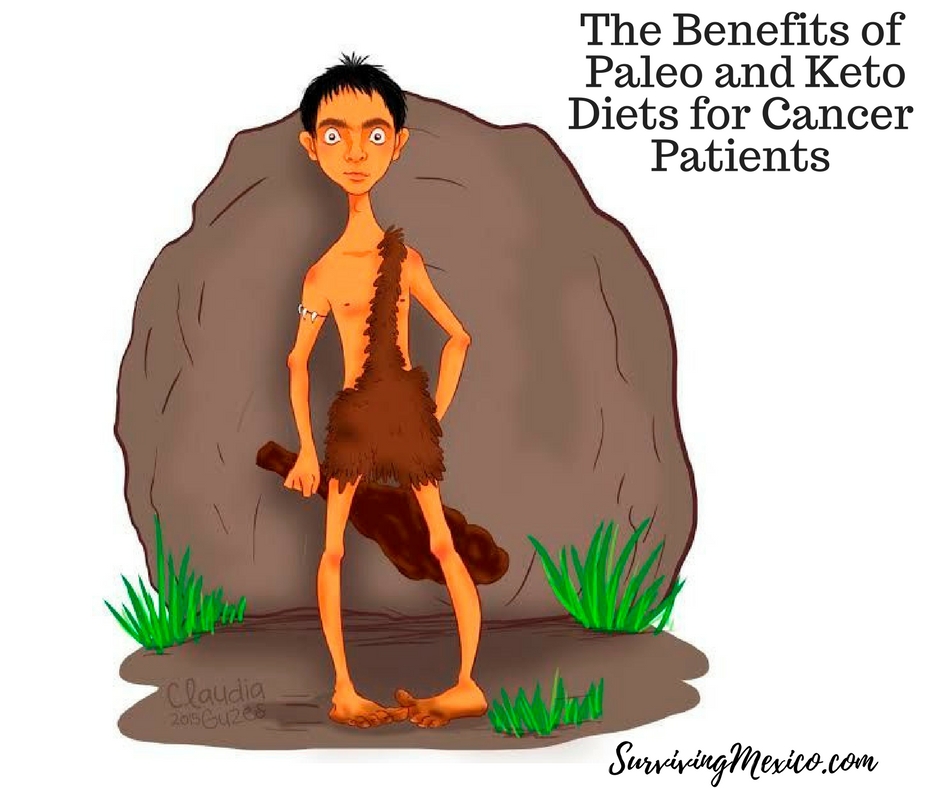Mark Milner
You probably already know that high cholesterol and blood pressure are major risk factors for heart disease. But do you know about inflammation? Recent research shows it plays a key role, and that working to reduce it can prevent heart attacks and strokes.
We have now learned that the activation of the plaque, rather than the degree of blockage precipitates unstable angina or acute myocardial infraction In addition to hypertension, hyperlipidemia, diabetes and smoking, we are now learning that inflammation plays a key role in cardiovascular disease.
To protect your heart from the damaging effects of inflammation, here’s what you need to know.
A Little Inflammation is Natural
Inflammation is part of your body’s immune response to an illness or injury. When you have a wound or an infection, inflammation helps fight off germs and facilitates healing. Buildup of cholesterol and other substances in your arteries (called plaques or atherosclerosis) can set off an inflammatory response, too.
Inflammation is part of our genetic makeup for survival and acute inflammation is important for protection from disease. The inflammatory response is our body’s initial response to harmful stimuli. On the other hand, chronic inflammation is often an inappropriate response and can damage our own body’s tissues and organs.
Doctors now think that suppression of this chronic inflammatory response will prevent growth of plaque and lessen the likelihood for plaque rupture, plaque/clot emboli and acute thrombus formation, the vascular events leading to heart attacks and strokes.
The Role of Inflammation in Heart Disease
When a blood clot blocks an artery to the heart, you have a heart attack. If the blood clot blocks an artery to the brain, the result is a stroke.
Two decades ago, researchers discovered that high levels of inflammation were associated with an increased chance of having a heart attack or stroke. However, what they didn’t know was whether anti-inflammatory treatments could prevent those events from occurring.
In 2008, the JUPITER study found that for older adults who did not have elevated blood cholesterol but who did have elevated blood levels of inflammatory markers, treatment with cholesterol-lowering statin drugs reduced the number of heart attacks and strokes. But it wasn’t clear whether that was because statins reduced inflammation or because they further lowered bad cholesterol, since they do both.
However, a recent clinical trial called CANTOS studied an injectable antibody type of anti-inflammatory drug in people who had a prior heart attack and who also had elevated inflammatory markers despite statin treatment. This landmark study finally proved that targeting inflammation without changing cholesterol levels can have a significant impact.
People treated with the novel anti-inflammatory treatment reduced their likelihood of subsequent heart attacks or strokes by 15 percent. It also decreased the need for major interventions such as angioplasty and bypass surgery by 30 percent, proving that addressing inflammation to prevent heart disease is essential. Additional studies are now looking at whether older, cheaper medications taken by mouth (colchine and methotrexate) can have similar heart protection benefits.
How to Control Unhealthy Inflammation
There are presently multiple on-going studies using newer anti-inflammatory drugs in cardiac protection.
Aspirin and statins have potent anti-inflammatory effects and have been shown to play a major role in patients with cardiovascular disease. Low level durational exercise such as walking an hour a day plays a role possibly by affecting weight, glycemia and other factors.
Nutrition also plays a major role. High glycemic index foods and trans-fatty acids promote inflammatory markers and are strongly associated with vascular disease. Food containing omega-3 fatty acids, like fish oil; carotenoids found in carrots, kale, spinach; and flavonoids contained in most fruits and vegetables; and magnesium lower inflammatory markers.
The Mediterranean diet has been shown to both lower inflammatory markers and reduce cardiovascular mortality (other benefits may include lowering the incidence of cancer, Parkinson’s and Alzheimer’s disease).
Chronic inflammation doesn’t produce symptoms — the only way to measure it is with a blood test, and most people aren’t regularly screened for inflammation. Making healthy lifestyle choices is the best way to lower that risk factor, although doctors may also prescribe a statin drug for those with a higher risk of heart disease. Your doctor can determine your risk level and what next steps are most appropriate for you.
Dr. Mark Milner is a cardiologist with Johns Hopkins Community Physicians in Bethesda, Maryland. Dr. Milner has been recognized as one of the area’s “Top Doctors” several times by Washingtonian magazine.










